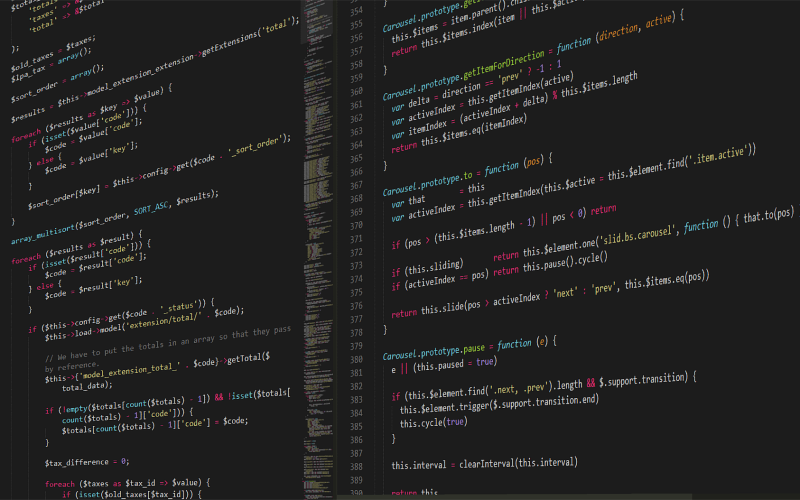What Is A Python Antivirus Scanner?
It is possible to create an antivirus scanner using the Python programming language. One way to do this is by using the built-in libraries such as the hashlib library to create a hash of the files on your computer and then comparing them to a database of known virus hashes. This can help to detect any malware on the system.
Another way is to use a Python library such as YARA, which allows scanning files, processes and networks for known malware and threats.
It’s important to note that creating a fully functional antivirus scanner would require significant programming experience and knowledge about malware and antivirus software. Additionally, commercial antivirus software would likely be more effective and updated than a self-made one.
It’s recommended to use well-established cybersecurity software such as Agency.
Should I Use A Python Antivirus Scanner?
The short answer is no. A python antivirus scanner is not an ideal solution for individuals or small businesses due to its open-source status.
It could be better than nothing as a cybersecurity defense. However, you must ensure that you are not downloading malware or viruses.
Why A Python Antivirus Scanner Is Not Ideal
Proponents of a python antivirus scanner claim the software is a fast, lightweight, and effective solution. As an open-source automation tool, scanning files, running antivirus tools, and protecting your device are its three primary purposes.
However, open-source antivirus software is risky to use for several reasons.
Open-source antivirus means that the program’s original source code is made available for free. The program can be modified and redistributed. In general, open-source software is run by a community of users that help create and maintain the code.
There is nothing inherently wrong with open-source software. However, open-source antivirus is not the most effective cybersecurity solution and can cause problems later.
Because open-source antivirus means that the code is publicly available, hackers can scan the code for security vulnerabilities. Thus, hackers can better target users who rely on that particular open-source antivirus.
Moreover, open-source antivirus fails to be updated regularly and consistently. Cybersecurity is a dynamic practice. You have to continuously maintain and improve defense before cyber criminals do.
Since open-source software requires volunteers from the community to fix it, updates can take a while to code. Additionally, since most open-source antivirus is not hosted in the cloud, you need to manually install each update instead of an antivirus hosted in the cloud that automatically updates.
The Best Way To Protect Your Computer
Your device holds some of your most sensitive data — your financial information, social security number, and more. This is all contained in your computer’s file paths.
Protect your information like an enterprise does.
Agency offers personal cybersecurity that comprehensively protects you from cyber threats. You no longer need to deal with viruses, malware, or other cyber threats that can be easily blocked using effective cybersecurity tactics. We scan files for viruses and make sure to keep you protected online.
On top of actively monitoring the dark web for your information and removing your personal information from the internet, Agency’s plan also includes:
- 24/7 Monitoring And Response Against Cyber Threats By Cybersecurity Experts
- VPNs
- Next-Gen Antivirus/EDR
- ID Theft Coverage
- Active Security Monitoring & Response by U.S. Professionals
Sign up for our newsletter to get the first month free!







